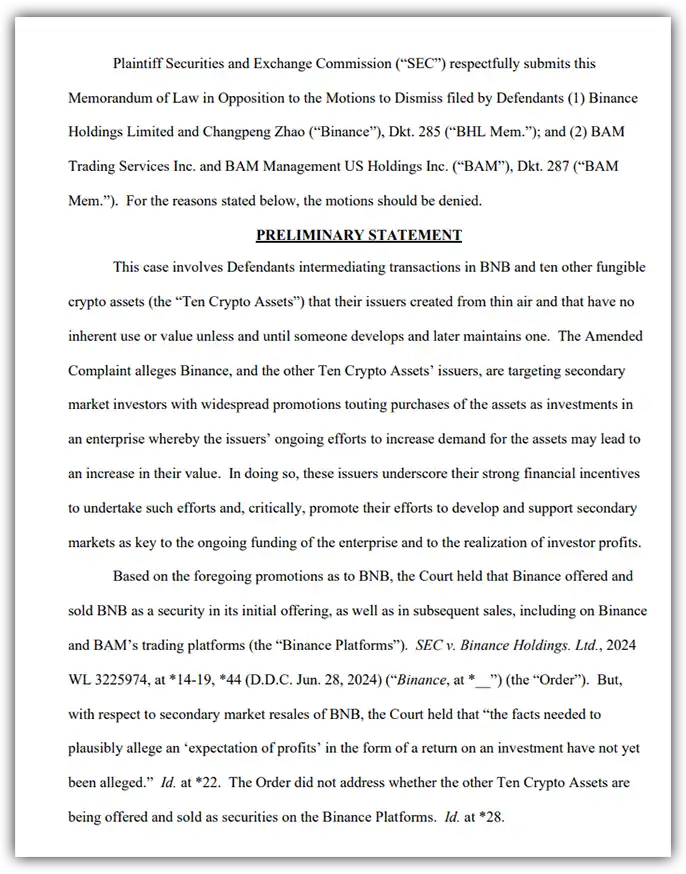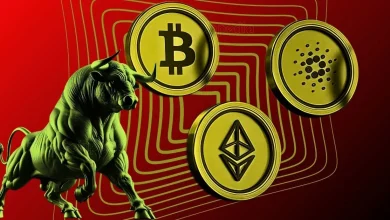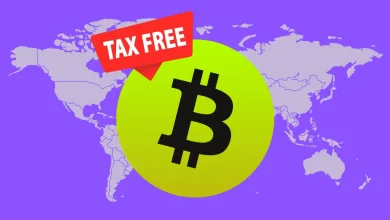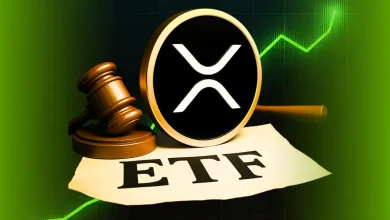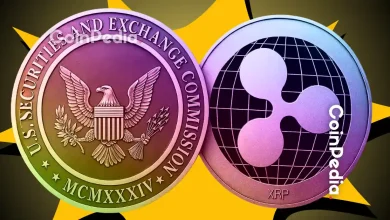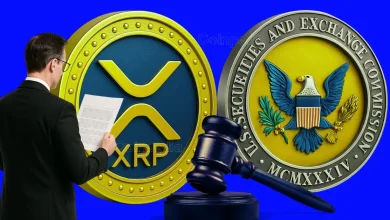
The SEC, under outgoing Chair Gary Gensler, has filed a motion against Binance, labeling BNB and ten other tokens as securities.
The SEC claims that Binance promoted secondary markets for these tokens, encouraging investors to see them as profit-making opportunities.
Critics argue that the SEC's decision to target certain tokens while excluding others like Ethereum and Bitcoin.
Gary Gensler is set to step down as SEC Chair on January 20, 2025, but not before making one last stand against the crypto world. Under his leadership, the SEC has filed a massive 81-page document targeting Binance, challenging its motion to dismiss the lawsuit.
In a bold move, the SEC is now calling Binance Coin (BNB) and ten other tokens securities.
What does this mean for Binance, and more importantly, for the entire crypto market? The latest filing could change everything, and here’s why you should pay attention.
11 Cryptos Under Fire
The SEC isn’t just focusing on Binance Coin.
Along with BNB, the SEC has also named ten other tokens as securities: Solana (SOL), Cardano (ADA), Polygon (MATIC), Filecoin (FIL), Cosmos (ATOM), The Sandbox (SAND), Decentraland (MANA), Algorand (ALGO), Axie Infinity (AXS), and COTI.
This is a significant step in the SEC’s broader push for stricter crypto regulations.
The SEC’s filing doesn’t just stop at labeling tokens as securities. It accuses Binance of promoting secondary markets for these tokens, effectively encouraging investors to view them as opportunities for profit. This is an important part of the SEC’s argument, as it suggests Binance played an active role in shaping how investors saw these tokens.
Ripple’s Influence on SEC Strategy
Ripple’s partial victory in its legal battle with the SEC earlier this year seems to have shaped the SEC’s current strategy. In that case, the court ruled that XRP’s secondary sales weren’t securities. As a result, the SEC is being extra cautious in its approach to ensure it doesn’t make the same mistake again.
How Binance is Being Called Out
The SEC’s case is built around the Howey Test, which determines whether an asset is a security. The test asks three key questions:
- Was money invested?
- Was there a common goal?
- Did people expect profits from someone else’s work?
The SEC argues that Binance meets all three criteria, claiming that Binance’s token offerings were tied to the growth of its ecosystem, leading investors to believe they were making an investment.
Secondary Market Trades: Securities or Not?
The SEC also claims that secondary market trades of these tokens should be considered securities. Binance has argued otherwise, but this filing directly challenges that stance. If the SEC succeeds, it could set a major precedent for how secondary trading of crypto tokens is regulated.
Ethereum and Bitcoin: Why Are They Spared?
Not everyone agrees with the SEC’s approach. Paul Grewal, Coinbase’s legal chief, has criticized what he sees as selective enforcement. In a tweet, he questioned why Ethereum (ETH) and Bitcoin (BTC)—the two largest cryptocurrencies—are not part of the SEC’s focus.
It’s a valid question, considering their dominant position in the market.
What This Means for Crypto
If the SEC wins, the impact could be huge. Tokens labeled as securities could be removed from exchanges like Binance, and developers and investors would face stricter regulations. This could slow down innovation and hinder growth in the crypto industry.
The SEC’s ultimate goal is clear: to take control of the crypto market. By targeting both token sales and secondary trades, the SEC is trying to set a strong legal framework for how digital assets should be regulated.
As Gensler prepares to leave, this filing feels like his final push to influence the future of crypto regulation. The court’s decision could bring much-needed clarity—or disrupt the market in significant ways.

